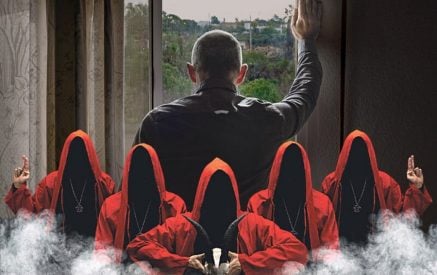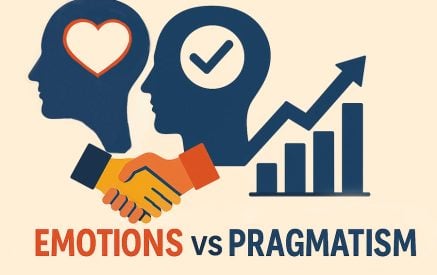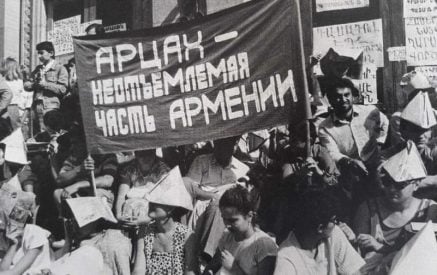The results of presidential elections in Armenia have been rigged since 1996. The latest one too. All candidates who officially came second – except for Karen Demirchyan – stated that they had won the election, getting 60, 70 or 80 percent, disregarding the fact that those claims could not be checked, because the ballots that had appeared in the ballot box as a result of election bribes and double voting did not reflect the real picture. After the 1996 presidential election, the supporters of the opposition would chant, “Vazgen for president,” in 2003, “Demirchyan,” in 2008, “Levon for president,” now, “Raffi for president.” In the first three cases, the supporters of the candidates who had officially come second – Vazgen Manukyan, Stepan Demirchyan, and Levon Ter-Petrossian – organized massive rallies, but they didn’t achieve their ultimate goal; no change of power took place.
Now Raffi Hovhannisyan who has chosen his own style and tactic is making the fourth attempt. Those who tried and didn’t succeed in the past certainly can, I think, mock and humiliate the methods chosen by this politician. If, say, smashing the fence of the National Assembly and the parliament leadership’s heads didn’t lead to establishing democracy and the rule of law, Vazgen Manukyan or Arshak Sadoyan basically should not advise Raffi Hovhannisyan to smash anything.
Yes, the current leader of the opposition is a man of a different culture; he speaks of the incumbent president with respect, he apologizes to a police officer with whom he has argued, he meets with the president and asks how his wife is doing. I personally like that style unconventional in Armenia; it seems to me more statesmanlike and civilized. If it has not been proven that smashing to pieces, cursing, labeling and looking for the “traitors” and “sold-out” in every bush is more efficient, from the perspective of “establishing the constitutional order,” it is not very logical to require that of the opposition candidate for president. Certainly, the attitude of the incumbent president also differs. He doesn’t suffer from the Freudian complexes, which would make him show his power at every turn; he doesn’t have a minister of defense who decides the future of the state and elections. I don’t know what will come of this post-election tension, and frankly speaking, it is not the most important issue for me. It is much more essential that there is a chance at the moment that this outcome will be without pressure, repression, and division of society.
ARAM ABRAHAMYAN
























































